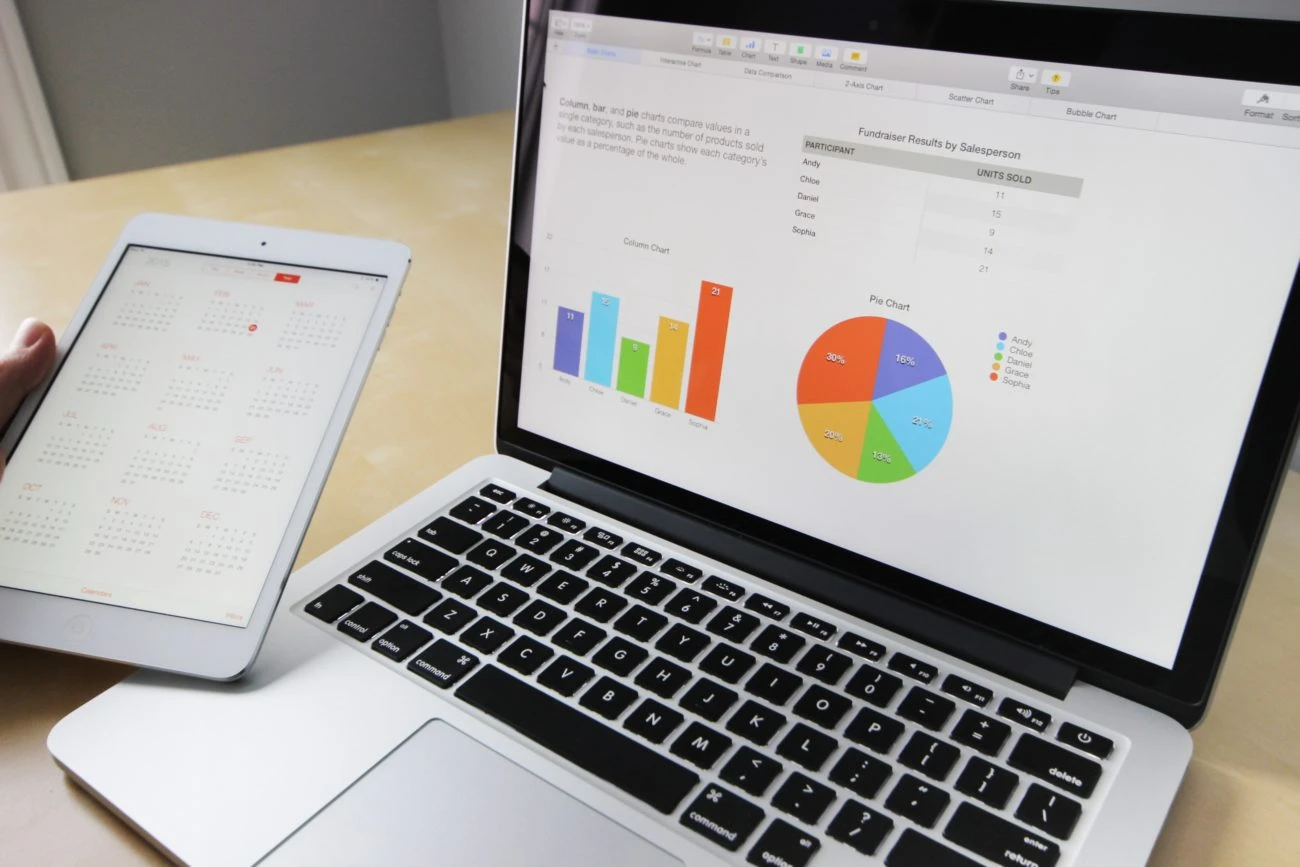Swedish regulatory costs hit Kindred as profit dips in Q2

Kindred Group has reported a year-on-year increase in revenue for the first half of its financial year, but saw its profits decline in part due to new regulatory costs in Sweden.
Revenue for the six months ended June 30, 2019 was up 6% to £450.6m, though significant increases in operating costs hit earnings over the period.
The Unibet operator saw cost of sales rise 19% to £201.0m, including a 32% increase in betting duties to £100.5m. This cut gross profit for the period, which fell 3% to £249.6m. Earnings before interest, tax, depreciation and amortisation (EBITDA) totalled £61.0m, down from £88.8m in the corresponding period last year.
Higher marketing costs (£106.8m) and administrative expenses (£105.6m) then contributed to operating profit declining by more than 50% from the prior year, to £37.2m.
After finance-related costs, pre-tax profit was down 32% to £32.4m, with net profit falling 50% year-on-year to £27.6m.
For the second quarter of the year, gross winnings revenue amounted to £226.2m (€252.5m/$281.5m), up 3% on £219.0m in the corresponding period last year.
This growth was driven by a rise in sports betting, which was up from £104.9m in Q2 of 2018 to £108.9m. This rise comes despite Kindred having to contend with a tough comparative period last year, which included the early stages of football’s Fifa World Cup.
Revenue from casino, poker and other games remained relatively level at £117.3m for the quarter.
Western Europe remains Kindred’s core market by some margin, generating £135.9m in revenue in Q2 and accounting for 60% of overall revenue. Nordics followed with revenue of £67.4m – up from £61.9m last year – and a 30% share of total revenue.
However, Kindred also noted an increase in costs across the business during the second quarter. Cost of sales climbed from £86.0m to £96.9, while marketing costs increased from £51.3m to £53.2m and administrative expenses from £46.9m to £55.6m.
This had an impact on profit for Q2, with profit from operations down from £29.7m last year to £16.5m and EBITDA falling from £41.5m to £30.4m.
Profit before tax also slipped from £28.9m to £14.7m, while profit after tax more than halved from £25.5m to £12.5m.
Reflecting on the results, chief executive Henrik Tjärnström praised Kindred for achieving an increase in revenue in what he said was a period with “very tough” comparatives in 2018. He noted an 11% year-on-year rise in mobile revenue in Q2, pushing this to 77% of gross winning revenue in the period.
Tjärnström ultimately put the EBITDA and profit declines down to new regulatory measures in Sweden.
“As we have highlighted for a long time and as we saw in the first quarter of 2019, the new licensing regulation in Sweden has resulted in significant short-term margin pressure driven by higher betting duties but also higher marketing as we are investing for the longer term,” Tjärnström
“In the Swedish market, we saw a significant improvement quarter-on-quarter, but EBITDA contribution was still down £9.2m when compared to the second quarter last year.”
Tjärnström also spoke about increased spend in Q2, saying marketing costs were at their highest since 2013 when compared to other second quarters in non-major football tournament years. Kindred also continues to invest in technology and other operating expenditure to help drive future growth.
“Whilst this may reduce profitability in the short term, we are confident that, as we have previously proven, this will drive future growth in gross winnings revenue and profits, particularly in locally licensed markets,” he said.
“Other significant items affecting the quarter were the planned investments in the US, both in marketing and operating expenses, that contributed £1.6m of negative EBITDA in the quarter.”
Tjärnström signed off with an update on the period from July 1-22, during which the daily average gross winnings revenue in GBP was 7% lower than in the full third quarter last year.
